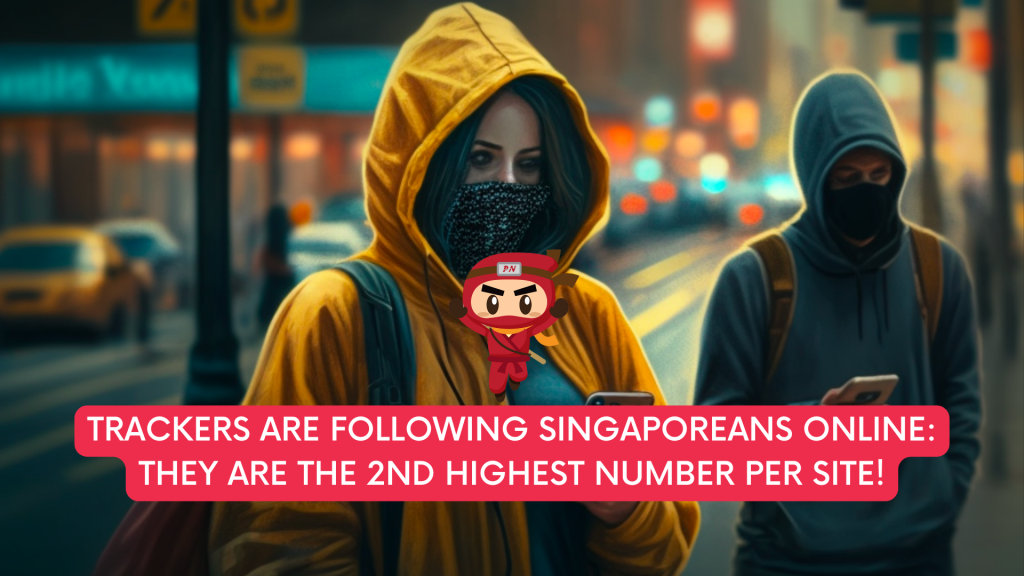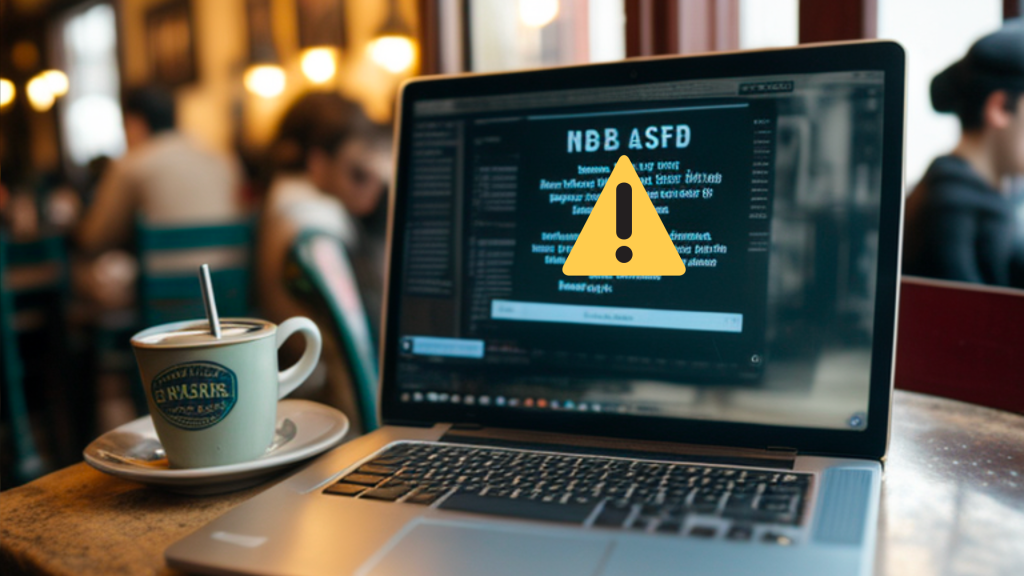KEEP IN TOUCH
Subscribe to our mailing list to get free tips on Data Protection and Cybersecurity updates weekly!






With the passing of the global pandemic that hit every country known, businesses were forced to go digital in fear of collapsing before their eyes like others which sadly did. With this abrupt and necessary change, organisations, even in Singapore, were not fully prepared to operate virtually under these circumstances, and this has led to another plague, the rise of cyber-attacks and crimes.
During the pandemic, businesses resumed their operations by letting employees work from home. From there, employees can access the company’s servers and databases with ease, and since this method is new, policies with regard to accessing such are lax and without any well-thought-of securities and safeguards placed.
Moreover, such a digital landscape has muddled the line between personal and work. This further gave bad actors better odds of infiltrating an organisation through their employees. As the weakest link to an organisation’s cybersecurity, a simple compromise of the employee’s personal phone could also compromise his work accounts.
With this said, bad actors are lurking and waiting for the right opportunity to attack by preying on employees or individuals and tracking their every move. Singaporeans are currently confronting this problem and have the second biggest number of trackers per site, following them online.

NordVPN‘s research has found that the top 100 websites in Singapore have an average of 34 trackers watching what Singaporeans do online. Even more, social media sites in Singapore have an average of 143 trackers, which is a lot.
Researchers looked at the top 100 sites in 25 countries based on how they ranked on SimilarWeb. They found that Hong Kong, Singapore, and the U.S. have the most trackers per website in the world. Hong Kong websites have 45.4 trackers that collect information about users. Singapore was second, and the U.S. was third, with 23 trackers per website.
Daniel Markuson, a digital privacy expert at NordVPN, said that Singaporeans are tracked a lot because the websites they use most often are from China, a country with strict rules about privacy. In most authoritarian countries, the government puts a lot of trackers on websites to keep an eye on what people do online.
After looking at how visitors use their sites, website owners will say that they use trackers to make the user experience better.
Trackers can get information about your browsing habits (like what websites you go to and what links you click on), your I.P. address, and even personal information (like your email address). Some website owners might make money by selling the information they gather to advertisers, marketers, government agencies, and private companies.
Cybercriminals, on the other hand, can obtain this information and use it to create a phishing attack by crafting a highly personalised and credible message.

According to Yeo Siang Tiong, General Manager of Southeast Asia at Kaspersky, HTTP cookies are a crucial aspect of web browsing since they enable web developers to provide consumers with a more personalised, easy website experience.
They can, however, be a goldmine of private information for crooks to snoop on. Cookies are not hazardous because the data in them does not change. They are not capable of infecting computers with viruses or other malware. Some cyberattacks, though, can hijack cookies and get access to your browsing activities. The threat comes from their capacity to track people’s browsing histories.
Consumers can, however, limit which cookies are stored on their devices.
Employers could also opt giving its employees Privacy Phones, like Privacy Ninja’s AntiHack phone, to ensure that there will be no instances of personal data leaking out that could be a potential threat to the employee’s work accounts.
A Data Protection Officer (DPO) oversees data protection responsibilities and ensures that organizations comply with the Personal Data Protection Act (PDPA). Furthermore, every Organization’s DPO should be able to curb any instances of PDPA noncompliance as it is the officer responsible for maintaining the positive posture of an organization’s cybersecurity.
DPOs complement organizations’ efforts to ensure that the organisation’s methods of collecting personal data comply with the PDPA. It also ensures that policies are set in place to make sure that there will be no instances of data breaches in the future.
Don’t wait any longer to ensure your organisation is PDPA compliant. Take our free 3-minute PDPA Compliance Self-audit checklist now, the same “secret weapon” used by our clients to keep them on track. Upon completion, we will send you the results so you can take the necessary action to protect your customers’ data. Complete the free assessment checklist today and take the first step towards protecting your customers’ personal data.